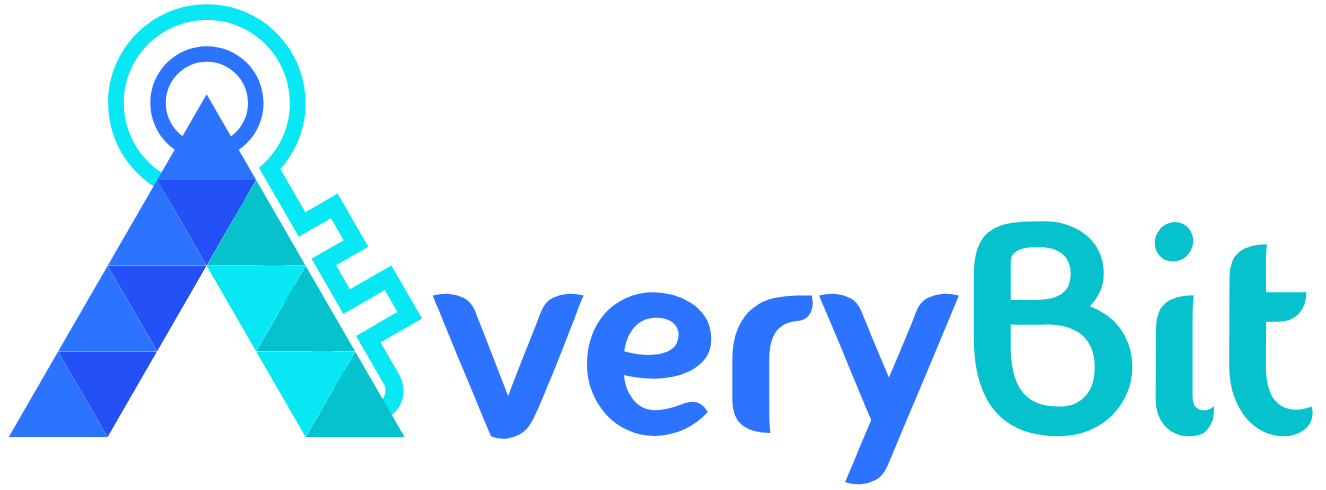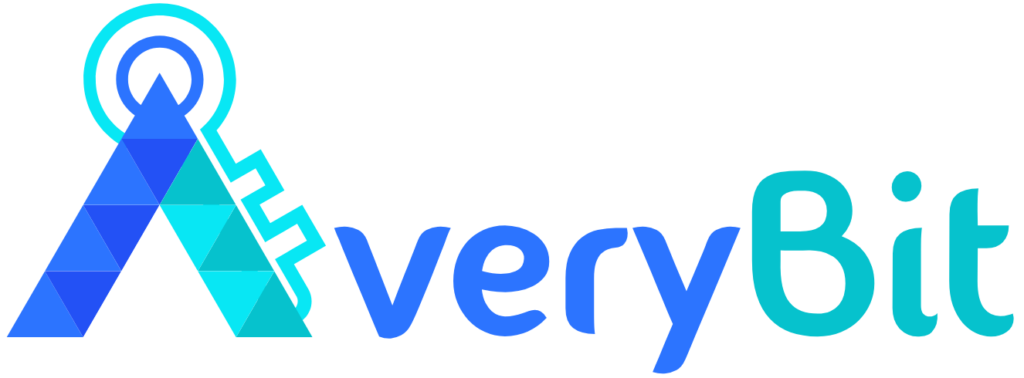The industry of mental healthcare is changing as a result of the incorporation of AI chatbots. The demand for easily available, effective, and individualized care has never been greater due to the rise in mental health issues worldwide. Artificial intelligence (AI)–powered chatbots provide a variety of services, from preliminary screening to continuous assistance. In this article, we’ll look at how chatbots are impacting the future of mental healthcare, and what the future may contain.
Important Ways Chatbots Are Revolutionizing Mental Health Care –
Offering Ongoing and Quick Assistance:
It might take days, weeks, or even months to get an appointment with a mental health expert. On the other hand, chatbots can provide immediate assistance, guaranteeing users have a responsive channel for their mental health requirements. These chatbots are assisting in bridging the gap between treatment sessions and establishing mental health assistance as a regular aspect of daily life by providing users with breathing exercises and soothing approaches.
Raising Mental Health Support Accessibility:
Accessibility is a major obstacle to mental health care. Particularly in underprivileged communities, traditional mental health interventions are sometimes restricted by availability, cost, and location. By giving 24/7 mental health care and a first line of assistance whenever and wherever it’s required, chatbots are dismantling these obstacles. These virtual assistants are available to users who have an internet connection for quick assistance, which is particularly helpful for people dealing with mental health issues like anxiety or despair.
AI-Powered Insights for Personalized Help:
Advanced AI and machine learning are used by modern chatbots to provide a degree of customization that is difficult to do in conventional contexts. Through the analysis of user interactions over time, chatbots are able to modify their replies to fit the requirements, preferences, and even the tone of past discussions of the user. This personalization fosters a special bond with consumers and makes them feel more understood, which motivates them to use mental health resources more frequently.
Assisting Medical Professionals:
In addition to being helpful for patients, chatbots are also quite useful for medical professionals. Chatbots ease the work of mental health providers by managing data gathering, preliminary screenings, and routine mental health check-ins. While making use of AI-generated insights on patient progress and requirements, this efficiency enables physicians to concentrate on instances that call for sophisticated treatment and quick action.
Confidentiality and Privacy Protection:
Chatbots provide users a secure place to express thoughts without worrying about being judged, which helps to allay privacy worries, which are among the main issues surrounding mental health care. With the help of chatbots, users may freely explore their ideas and feelings while maintaining confidentiality and providing an anonymous space that promotes honesty.
What Are The Future of Chatbots in Mental Health?
With continuous developments in artificial intelligence and natural language processing, chatbots in mental health have a bright future. Chatbots will advance more as these technologies develop, providing more complex assistance that seems increasingly conversational and sympathetic. Chatbots and traditional treatment should work together more smoothly in the years to come, maybe through hybrid models in which experts keep an eye on chatbot interactions and step in when needed.
With their expanded capabilities, chatbots might completely transform mental health treatment by improving accessibility, efficacy, and responsiveness to user requirements.






